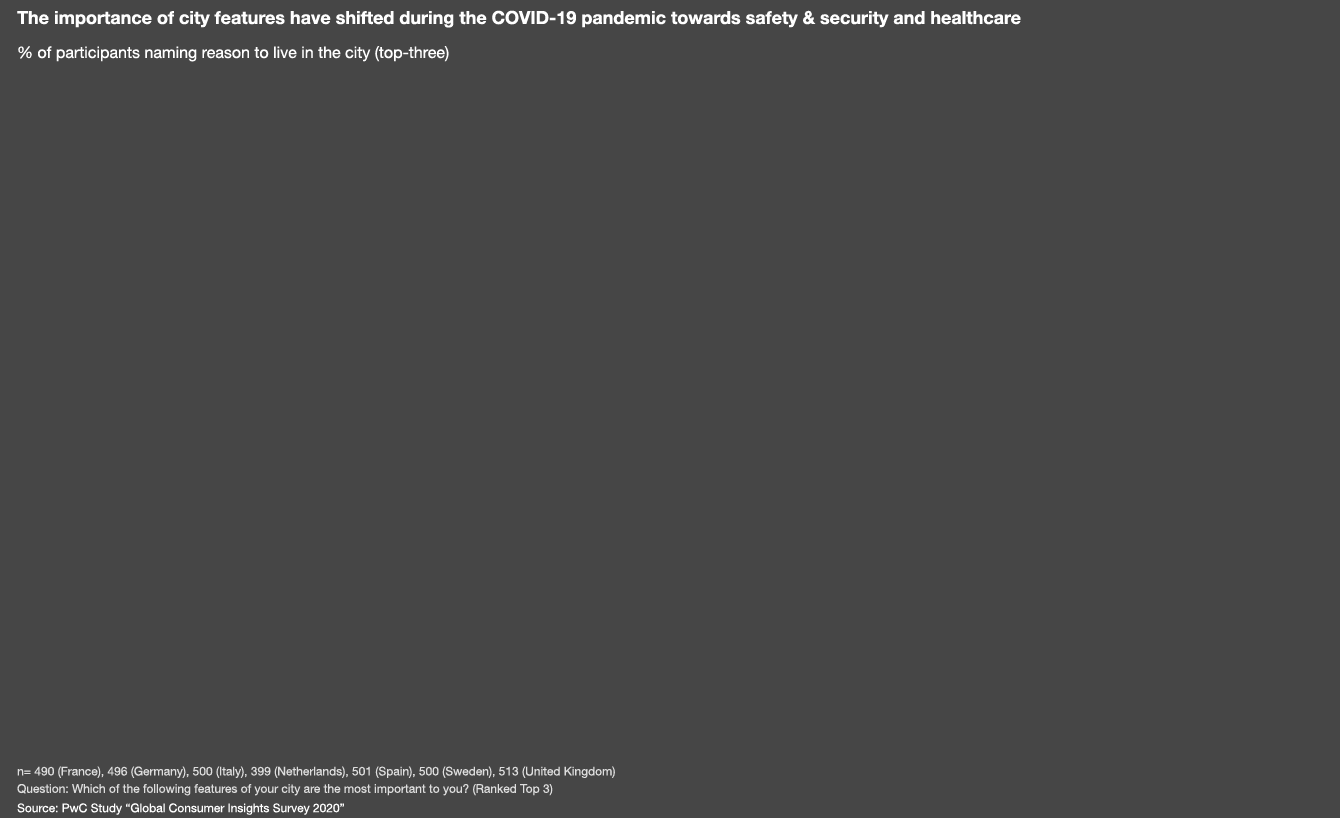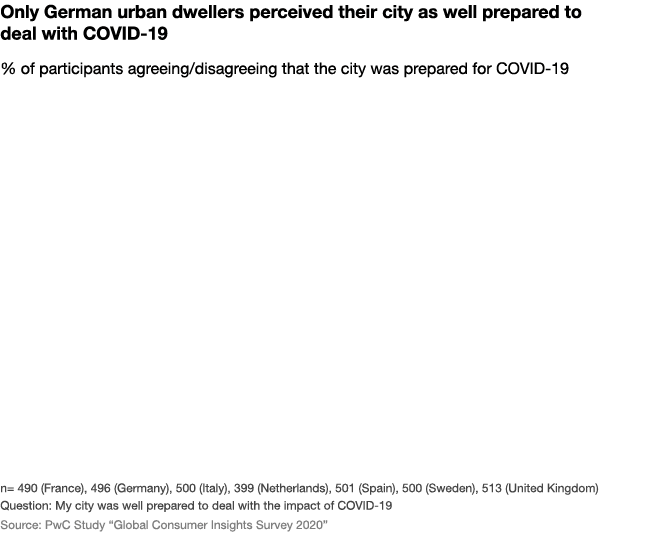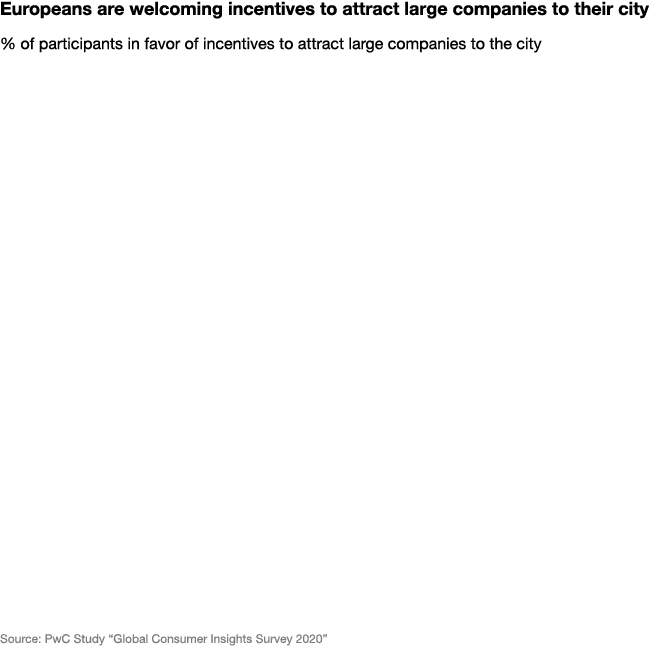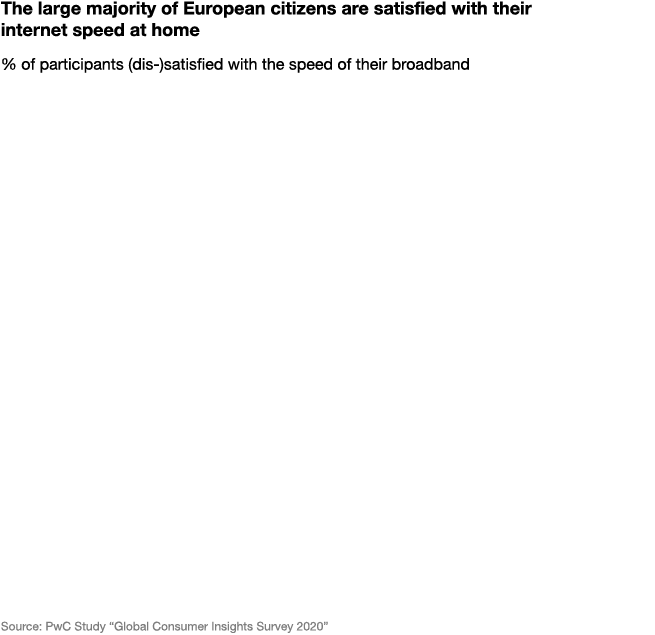
Your expert for questions

Dr. Christian Wulff
Retail & Consumer Leader, PwC Germany and Europe
Email
City life has changed – forever
Millions of people live in urban spaces and vibrant city centres, and they play a major role in shaping and accelerating consumer trends that then spread to rural areas. However, the outbreak of the COVID-19 pandemic has hit crowded cities hard, and inhabitants are being forced to rapidly adapt to safety measures and social distancing requirements. City life will never be the same again – even after the pandemic. With an increasing number of people working from home, there is a tangible shift away from city centres and into traditional residential areas. This trend is relevant for high-street retailers, who are experiencing less footfall, and is also having a significant impact on canteens, restaurants, cafes and convenience shops that rely on office workers in city centres. PwC UK recently estimated that the UK’s GDP could drop by £15.3bn per year if office-based workers continue to be advised to work from home.
“In Germany, we expect annual sales worth approximately €5bn to shift from the hospitality sector into the food retail sector, even beyond the COVID-19 pandemic.”
In this article, we shed light on the “new normal” for city life across Europe by providing a deep understanding of how preferences of urban dwellers are changing and then defining the resulting implications for businesses and other institutions.

Methodology
For the European edition of PwC’s Global Consumer Insights Survey 2020, we polled European city dwellers about their living conditions and purchasing behaviour in two separate studies. The first study was conducted before the outbreak of the COVID-19 pandemic, and it covered 6,185 consumers from 22 cities in seven European countries. The second study was conducted in April and May 2020, after the outbreak of the pandemic, and it covered 3,400 consumers from seven countries (France, Germany, Italy, the Netherlands, Spain, Sweden and the United Kingdom). Why urban consumers? Because millions of people live in cities, and this concentration has created a new era in consumption. Cities are vibrant centres of education and innovation, and seedbeds and greenhouses for new ideas. We want to understand the behaviour of these cutting-edge consumers – and then identify the implications for businesses.













